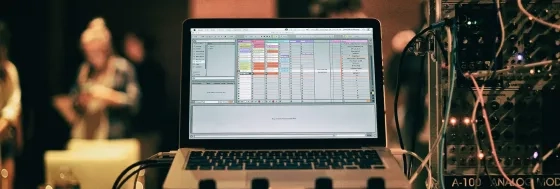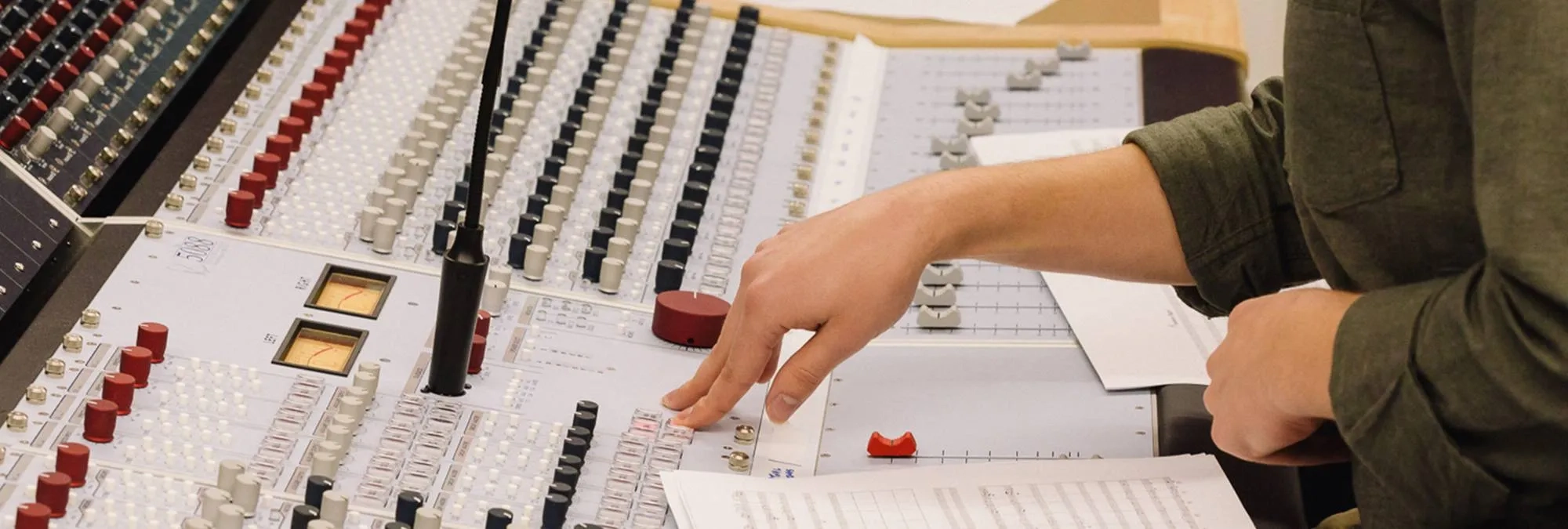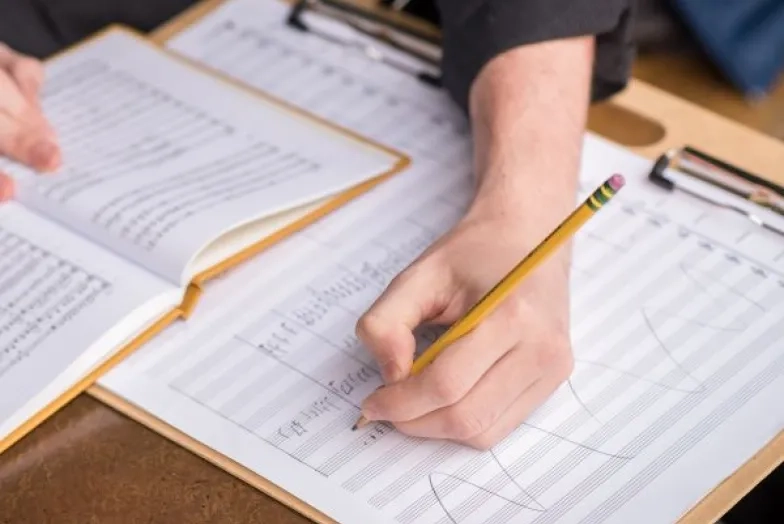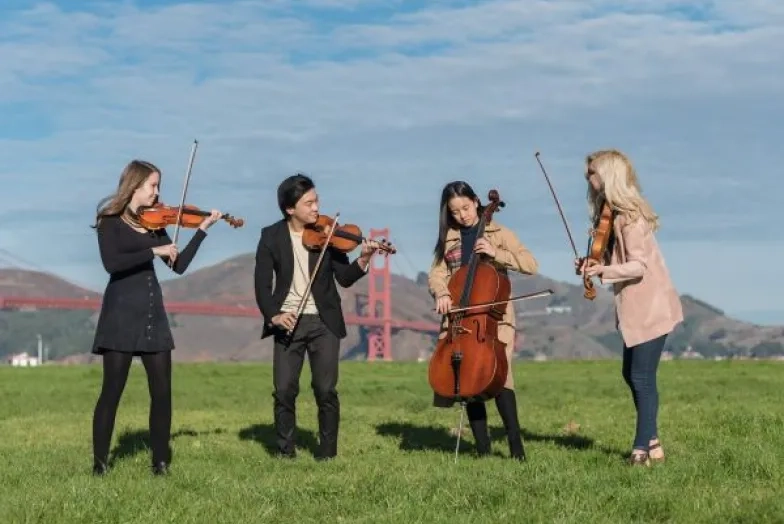TAC Bachelor of Music Curriculum
Collegiate Apply / Request Information
One could call TAC the perfect marriage of technology, classical musicianship, and experimentation." — KQED, Northern California Public Broadcasting
Radically creative. Radically pragmatic.
The Technology and Applied Composition (TAC) program provides students with a rigorous, interdisciplinary education at the intersection of music, sound, and science. In addition to instruction in music composition and audio technology, the TAC curriculum explores real-world applications of acoustic science, including spatial audio, immersive environments, room acoustics, and sound design for interactive media. Students engage with these concepts through applied coursework and project-based learning in areas such as spatial audio, room acoustics, and immersive sound design. By combining creative exploration with technical fluency, the TAC program prepares students for careers in audio engineering, acoustic research, and sound innovation, equipping them to address real-world challenges involving human interaction with sound and emerging audio technologies.
The first two years of the bachelor of music Technology and Applied Composition program comprises foundational studies, providing students with a comprehensive set of skills in using digital audio workstations for everything from music composition, and sound design to studio production and implementation. Students will combine comprehensive theoretical knowledge with a host of in depth fun, practical and creative hands-on projects.
After a 2-year sequence of developing skills/fluency in many aspects of scoring and production, students begin intensive private instruction and identify a TAC track to further hone their skills in a specific area. The three tracks are game scoring, film scoring, and composer-performer. Each of these is designed to prepare students interested in these career paths with specific courses to help them further develop the creative and technical knowledge required to enter each field while learning from renowned industry leaders. The courses, which include high-level hands-on projects and co-labs with SONY, Dolby, SFFILM and others, give students multiple opportunities to write and record professional-grade audio and graduate with a sizeable portfolio targeted to their field of interest.




